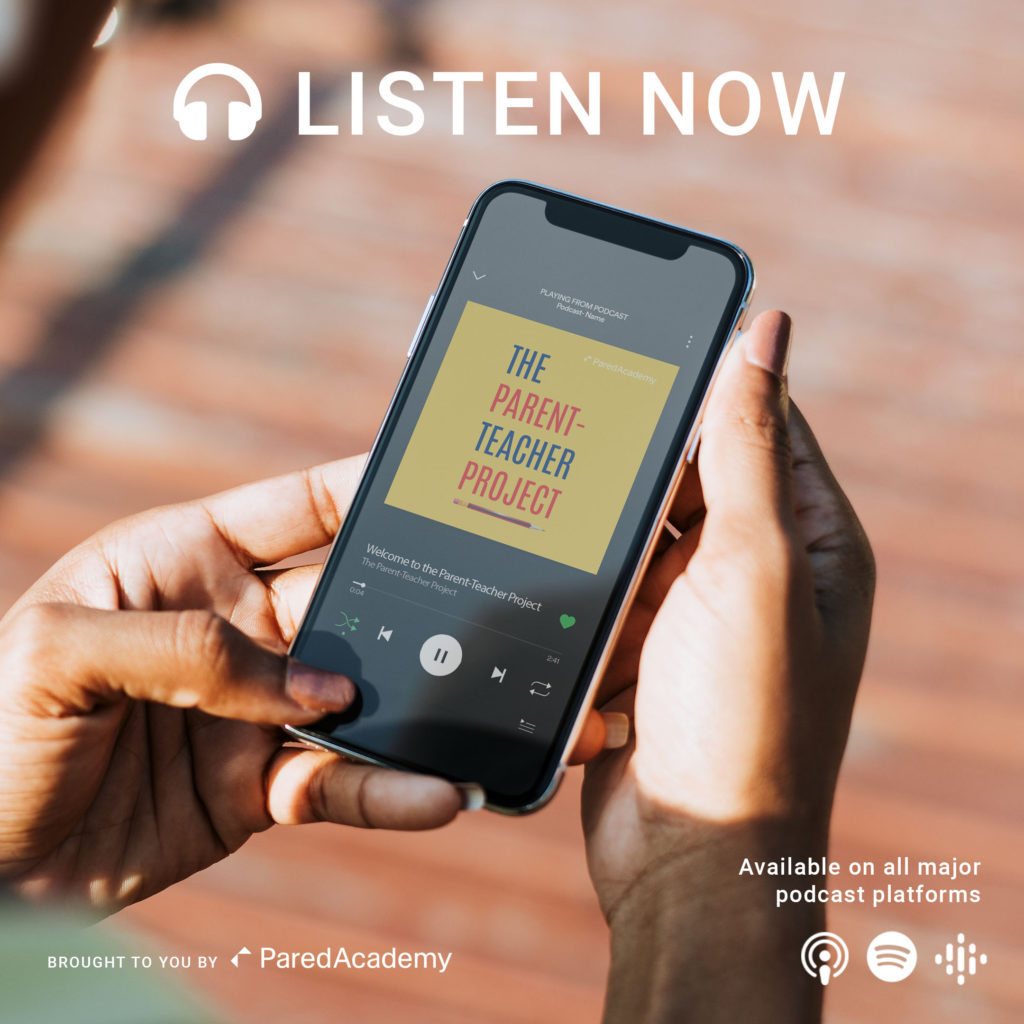If someone asked you, “What do you think freedom is?” how would you respond? Many would say that freedom is the ability to do whatever we want, whenever we want. And although there is not one answer, freedom can often be confused with something that is actually enslaving us rather than being chosen by us. For example, you may feel free when you enjoy a coffee every day, but if you couldn’t go a single day without a coffee, are you really feel free?
“I think there’s a deeper understanding of freedom, which can help parents.” – Martin Fitzgerald, Philosophy teacher
How You Can Use Your Freedom
When we look at freedom, a lot of the time we think about what we are free from. Whether we are free from poverty, violence, or stress etc., but could you be using your freedom to live your best life? Martin Fitzgerald states that:
“All of a sudden, it’s not about getting away from things. It’s about the decision to actually do something, or to do the absolute best you possibly could.”
The Choice Of Freedom
When we make our own decisions, we feel a sense of freedom. For example, if you were working in customer service, it is likely that you are expected to smile and provide great service. If you walk into work and decide yourself that smiling would make your customers feel better, you wouldn’t feel like you’ve lost your sense of freedom. However, if you waited until your supervisor told you to smile, you would likely feel like you have no choice. The idea is that when we make the right choices for ourselves, we will feel a sense of freedom.
“We need to be able to exercise self-discipline, in order to be free properly.”
Self-Discipline Results in Freedom
Self-discipline is an important process in developing freedom. When we practice self-discipline, we make our own rules and we live by them. But these rules are not easy just because we make them, they are difficult steps that we put into place so that we can be the best versions of ourselves . For example, setting rules for ourselves such as, “I will go to the gym every Wednesday night” or “I will not touch my phone past 9pm”, require consistent effort and repetition to have a good effect, and even then it doesn’t necessarily become ‘easy’, but ‘easier’ . It is important to produce ideas that can improve yourself discipline.
“The aim of life is not to be comfortable; the aim of life is to love people.”
This article was inspired by episode #20 of The Parent-Teacher Project entitled Freedom: Raising Your Children To Make Meaningful Choices with Martin Fitzgerald & Nathan Frazer.
Listen to the entire episode below.
Don’t forget to leave us a review on Apple Podcasts!
Latest Stories from Pared Academy
Helping Children Navigate Emotions Starts With Us
In today’s fast-paced and highly connected world, our children are experiencing more emotions—and more intensely—than ever before. Whether it’s frustration over a lost toy, anxiety about school, or the social pressures of growing up, kids often feel these emotions deeply but struggle to express them in a healthy way.
130 Fathers Gather for a Powerful Day of Reflection at Growing Hearts for Fathers Event
Last Sunday, 130 fathers came together for a day of reflection, renewal, and connection at the Growing Hearts for Fathers event. Held at Redfield College, this unique gathering provided dads with a much-needed opportunity to step away from daily pressures and focus on the heart of their fatherhood journey.
Shaping Character in the Classroom: How Educators Inspire Students to Grow
In today’s fast-paced world, education is not just about academics; it’s about shaping the character of the next generation. Teachers play a crucial role in fostering virtues such as honesty, resilience, and respect. Katrina Alvir, an experienced teacher and expert in character education, shares valuable insights on how educators can integrate these essential qualities into daily teaching practices.









